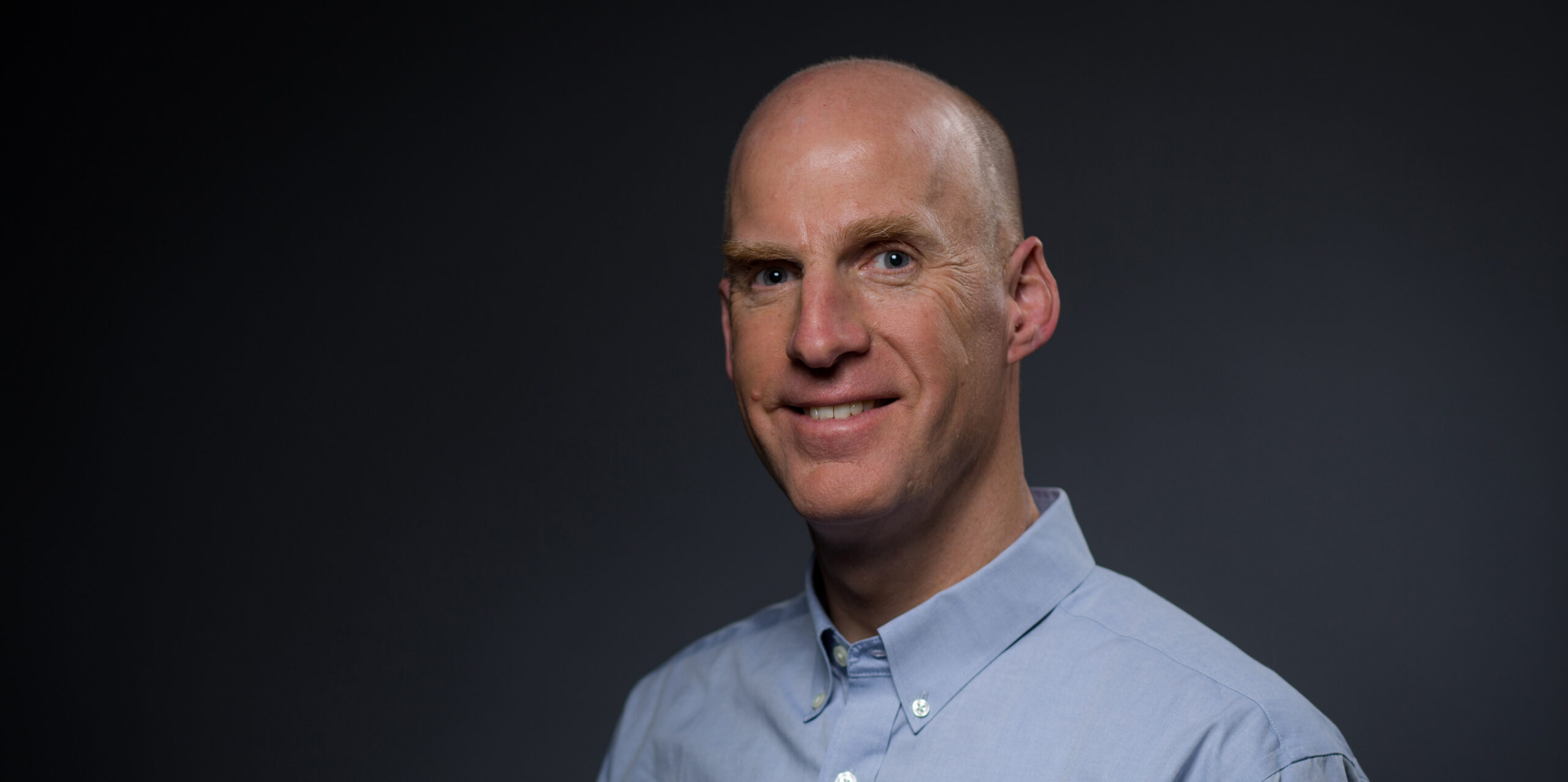
Join us at Architecture Exchange East on Thursday, Nov. 4 from 3-5:15 p.m. for Making Space: Designing for Inclusion to hear from pioneering researchers and advocates for inclusive design. Registration is now open through Nov. 5. See the complete agenda.
Chris Downey, AIA, Magda Mostafa, and Derrick Behm-Josa, will each share insights and research in individual presentations. Then, they’ll all come together for a panel discussion moderated by Janice Majewski.
About our Panelists
Chris Downey, AIA is an award-winning architect who, in 2008, unexpectedly lost his sight. As profiled in January 2019 by Lesley Stahl on 60 Minutes, Chris’ life was transformed, of course, but so was his practice.
As one of the few practicing blind architects in the world, Chris has been featured in local, national and international media stories and speaks regularly about his many “outsights” (aka insights) since losing his sight.
“In designing a city for the blind, I hope you realize that it actually would be a more inclusive, a more equitable, a more just city for all.”
—CHRIS DOWNEY
Derrick Behm-Josa is a community builder, urbanist, researcher, and business owner with interest in barrier-free advancement of society. A Development Specialist at Gallaudet University — the world’s only institution of higher education for the deaf and hard of hearing — Behm-Josa is back by popular demand following this presentation at AIA Northern Virginia’s CAE program on DeafSpace in schools.
“DeafSpace is more than a set of design principles to be checked off. DeafSpace is a planning and design process, which is equally as important as the completed project.”
—DERRICK BEHM-JOSA
Dr. Magda Mostafa is an Associate Professor of Design at the American University in Cairo, Design Associate at Progressive Architects, and a pioneering researcher in designing for autism. She is the author of the Autism ASPECTSS™ Design Index, which was awarded the UIA’s 2014 Architecture for All.
“[Independence] needs to be the objective of all accessibility and inclusion design strategies. It is more comprehensive than access, since it also includes usability.”
—Magda Mostafa
About our Moderator
Janice Majewski founded the Smithsonian Institution’s accessibility program, served as an accessibility specialist in the disability rights section of the United States Justice Department, and is currently the director of inclusive cultural and educational projects at the Institute for Human Centered Design.
